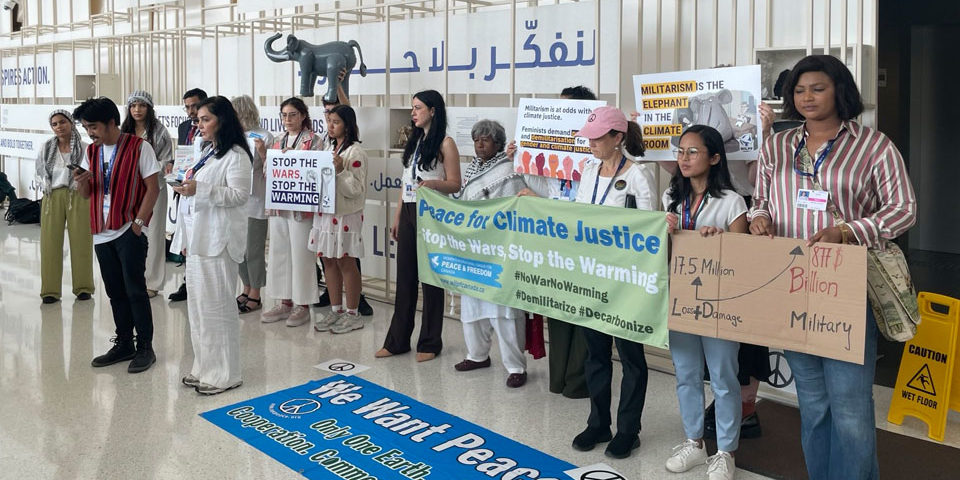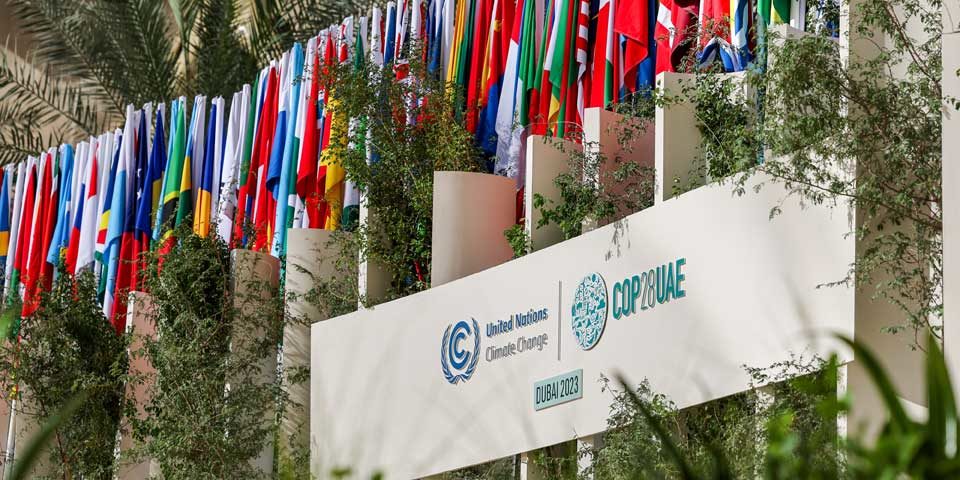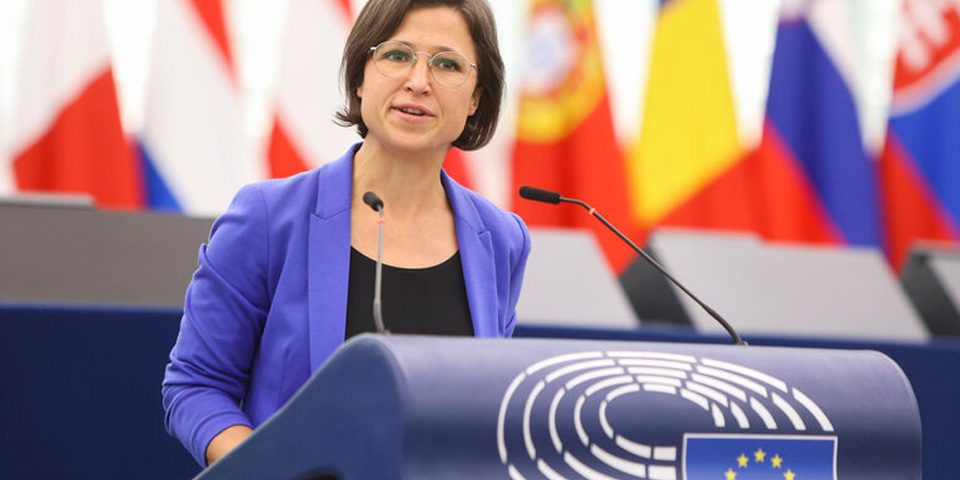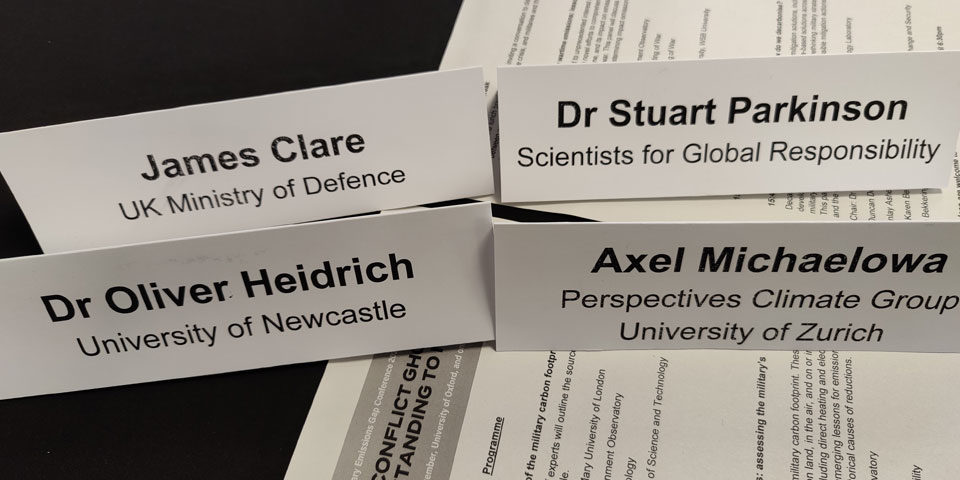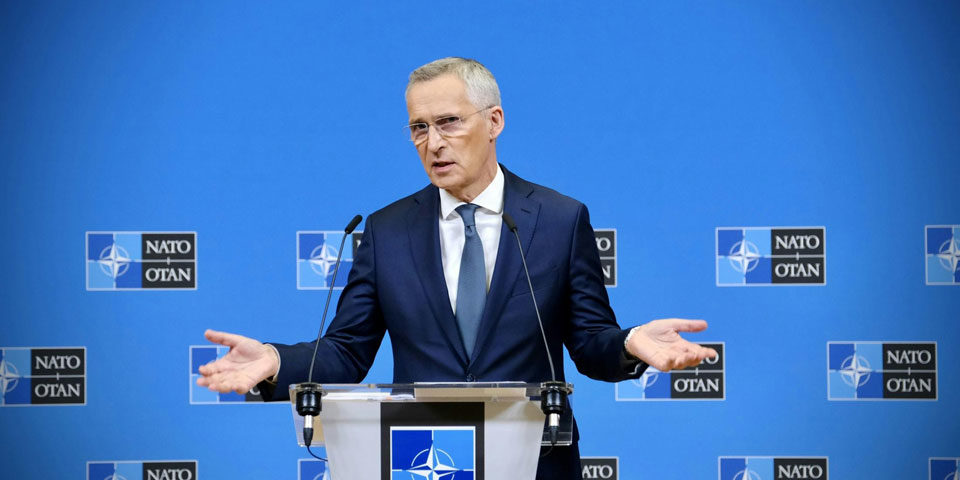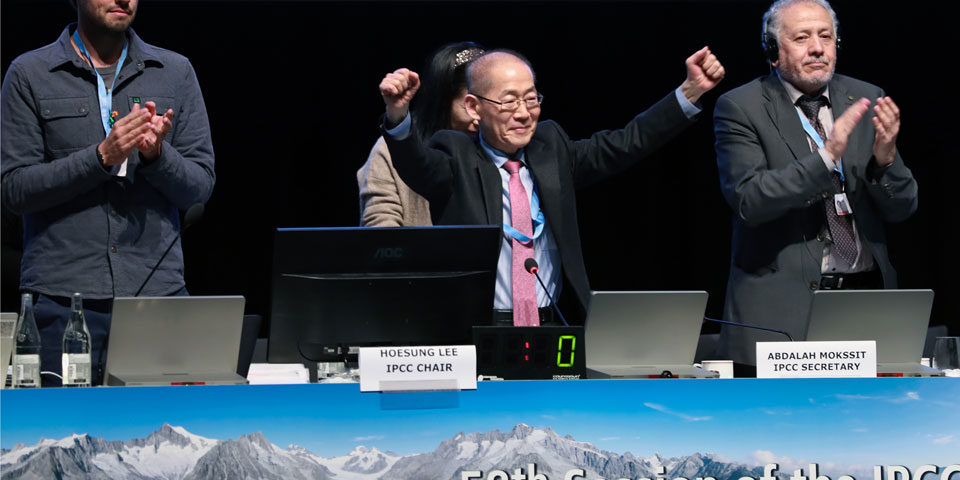“Always money for war”, reflecting on COP28
Ellie Kinney reflects on the role that militaries played in COP28, whether behind closed doors, centre stage, or by their absence, and on the prospects for international action on military and conflict emissions at COP29.

